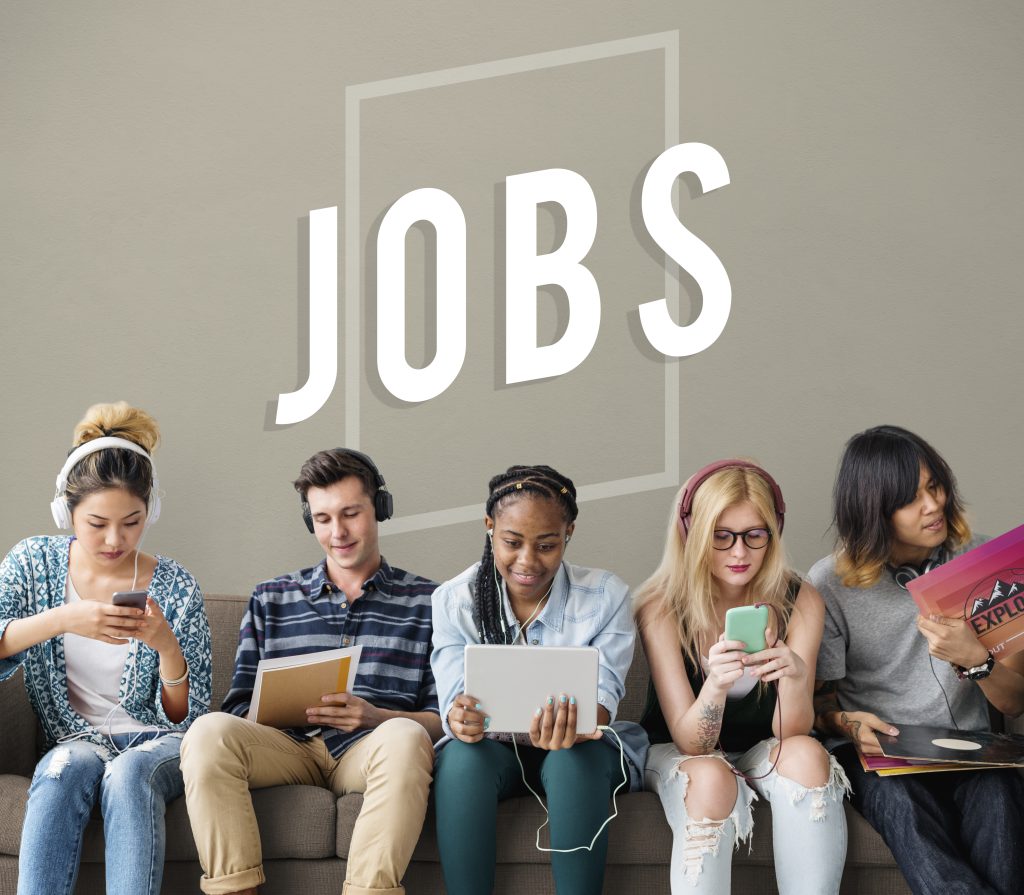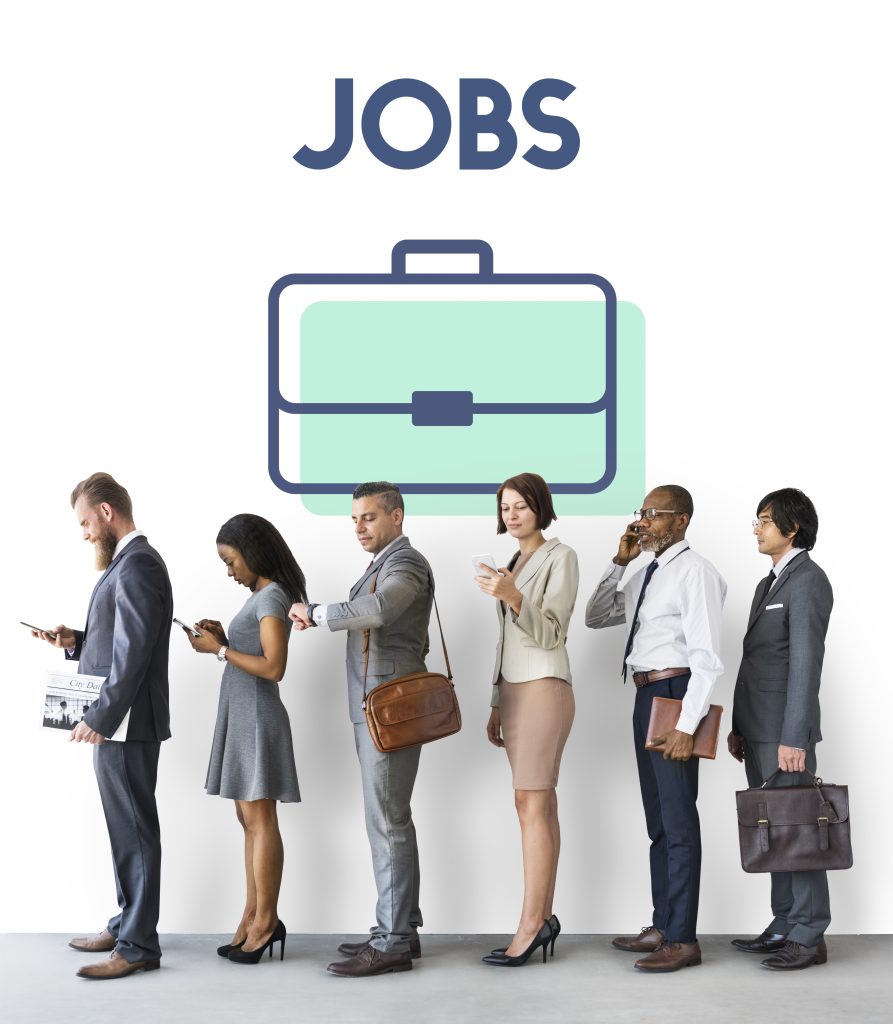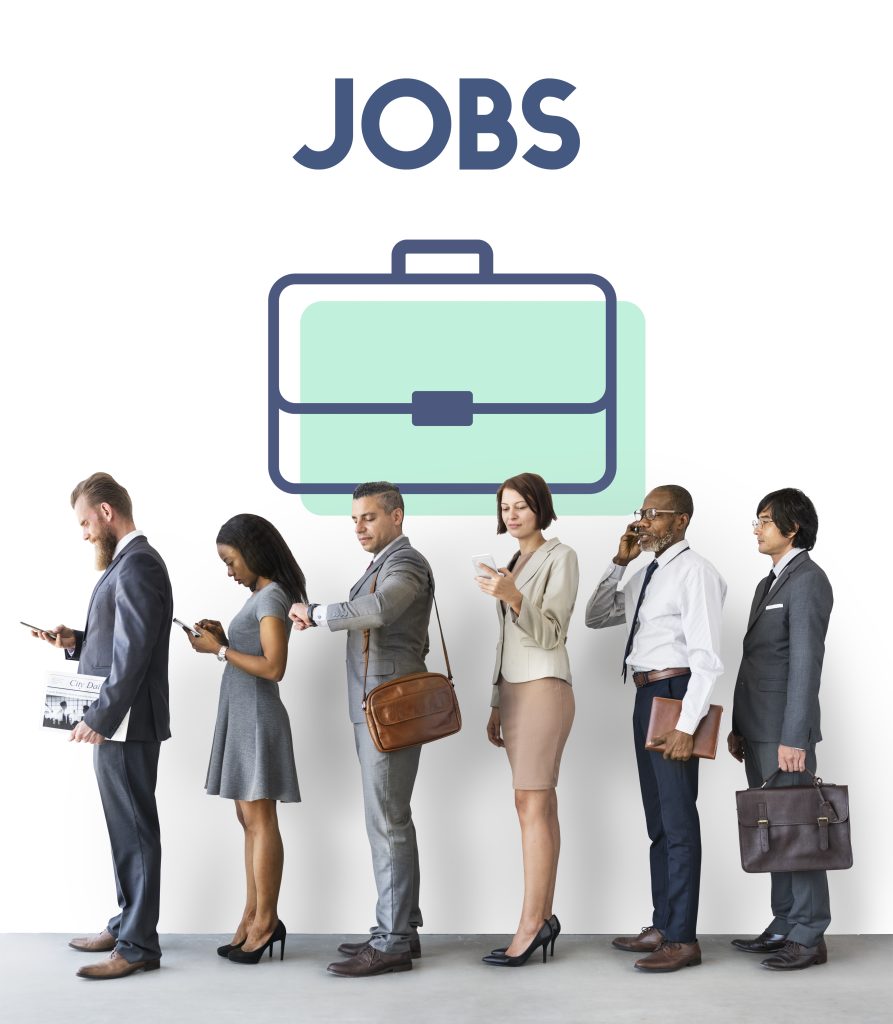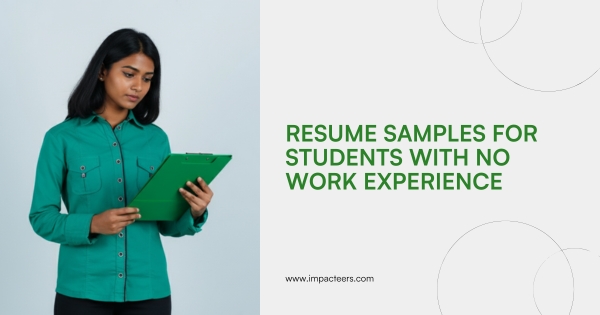The job market trends 2025 reveal a landscape full of opportunity and evolution. As economies rebound, technology expands, and work styles shift, the future is indeed hiring—whether you’re seeking jobs near me, careers in green tech, or work from home roles. In this guide, we explore the factors shaping the job market in 2025, in‑demand careers, and practical tips for job seekers—with a spotlight on how the Impacteers jobs‑dashboard streamlines your search.

Remote and Hybrid Work Models: The New Norm
As remote work solidified its place, 52% of global companies have adapted to hybrid models, and the trend is here to stay. A recent survey by Owl Labs found that 73% of employees report increased productivity in a flexible work setting. Organizations are building digital-first cultures, leveraging tech to boost efficiency while balancing office time with remote work for optimal output.
Demand Surge for Tech and Digital Skills
Technology has transformed industries, and the need for skilled professionals in tech has never been greater. In 2025, AI and cybersecurity roles are anticipated to grow by 25% annually as companies invest heavily in automation and data security. Emerging fields such as machine learning, blockchain, and cloud computing continue to shape demand. Those reskilling or upskilling in these areas will find lucrative and stable opportunities in the job market.
What Is Driving Job Market Trends 2025?
After the global recession, most economies are now getting stronger. Professional investment, government incentives, and digital infrastructure sectors increase in work.
Technology investment
AI, cloud computing, biotech and automation continue to expand. Organizations in health care, manufacturing, logistics and IT services are actively hiring.
Demographic shift
A growing General Z task force embraces remote work, flexibility and purpose riven operated career. Meanwhile, retirement baby boomers leave gaps in management and technical roles.
Job Market Trends 2025: The Growth of Freelance and Gig Work
The Growing Gig Economy
Freelancing is on the rise, with 30% of the global workforce predicted to be involved in the gig economy by 2025. Short-term, project-based roles are increasingly common across fields like content creation, consulting, and tech. Companies benefit from access to a specialized talent pool, while workers enjoy flexibility and work-life balance. The trend is especially appealing to younger generations, who prioritize autonomy and work tailored to their schedules.

Rise of Green Jobs and Sustainability Initiatives
With a global push toward sustainability, eco-friendly careers are on the rise. As businesses pivot to meeting carbon reduction targets, they’re expected to create 24 million new green jobs by 2030, according to the International Labor Organization (ILO). Career paths in renewable energy, green construction, and sustainable agriculture will offer new roles for a planet-conscious workforce. For jobseekers, this means that skills in environmental science, waste reduction, and eco-tech will be highly valuable.
Health, Wellness, and Mental Health Initiatives
In response to a global mental health crisis, employers are prioritizing wellness. 66% of HR professionals report that wellness programs will be expanded in the coming years, incorporating mental health resources, physical wellness support, and flexible time-off policies. A focus on employee well-being is a must for attracting and retaining talent. Those who seek jobs in 2025 will find wellness packages increasingly common in benefits offerings as companies aim to support productivity and job satisfaction.
Diversity, Equity, and Inclusion: A Vital Part of job market trends 2025
Automation’s Impact on Workforce in job market trends 2025
Automation and AI are expected to displace routine jobs while creating demand for roles that oversee these technologies. According to a World Economic Forum report, 85 million jobs may be displaced by 2025, but 97 million new roles will emerge as companies balance automation with human oversight. For workers, this shift highlights the importance of adapting to AI, either through upskilling or pivoting to roles that focus on creative, strategic, or interpersonal responsibilities.
Prioritizing Diversity, Equity, and Inclusion (DEI)
Diversity isn’t just a value, but a competitive advantage. Companies focusing on DEI initiatives report 19% higher innovation revenue, per a Boston Consulting Group study. By 2025, 82% of companies plan to increase DEI programs, integrating them into hiring, training, and leadership development. Jobseekers will see growing efforts to create inclusive environments, making DEI literacy a valuable asset in every industry.
How Tech is Reshaping job market trends 2025
- Applicant Tracking Tools
2. AI-Assisted Hiring
3. Virtual Interviewing is Here to Stay
Future Insights and Predictions
As the 2025 job market evolves, adaptability, continuous learning, and a focus on tech and interpersonal skills will be essential. Jobseekers who embrace change and understand these trends will position themselves advantageously. In the next few years, workplaces will focus on flexibility, eco-conscious roles, and inclusivity. Embracing these values will be the key to thriving and leading tomorrow’s workforce.
visit>>> https://www.impacteers.com/
About us >>> https://blog.impacteers.com/

FAQs
Q1: What are the top job market trends 2025?
The top trends include rapid growth in healthcare, green energy, AI/data, logistics, remote and flexible work, and freelance options.
Q2: How can I find jobs hiring near me?
Use local filters and job boards, explore community listings, and rely on tools like the Impacteers jobs‑dashboard to search for nearby openings easily.
Q3: Are work from home jobs easy to find in 2025?
Yes—many industries now offer remote roles. Use targeted searches on dedicated platforms and emphasise home‑office readiness and digital collaboration skills.
Q4: What skills are most valuable in the 2025 job market?
Key skills include technical competence in digital tools, data literacy, adaptability, communication, and up‑to‑date certifications (e.g., cloud, cybersecurity).
Q5: How can tools like Impacteers jobs‑dashboard improve my career search?
This dashboard helps pinpoint local and remote opportunities, filters for preferred roles, offers career suggestions, and streamlines applications in one place.



Post Comment